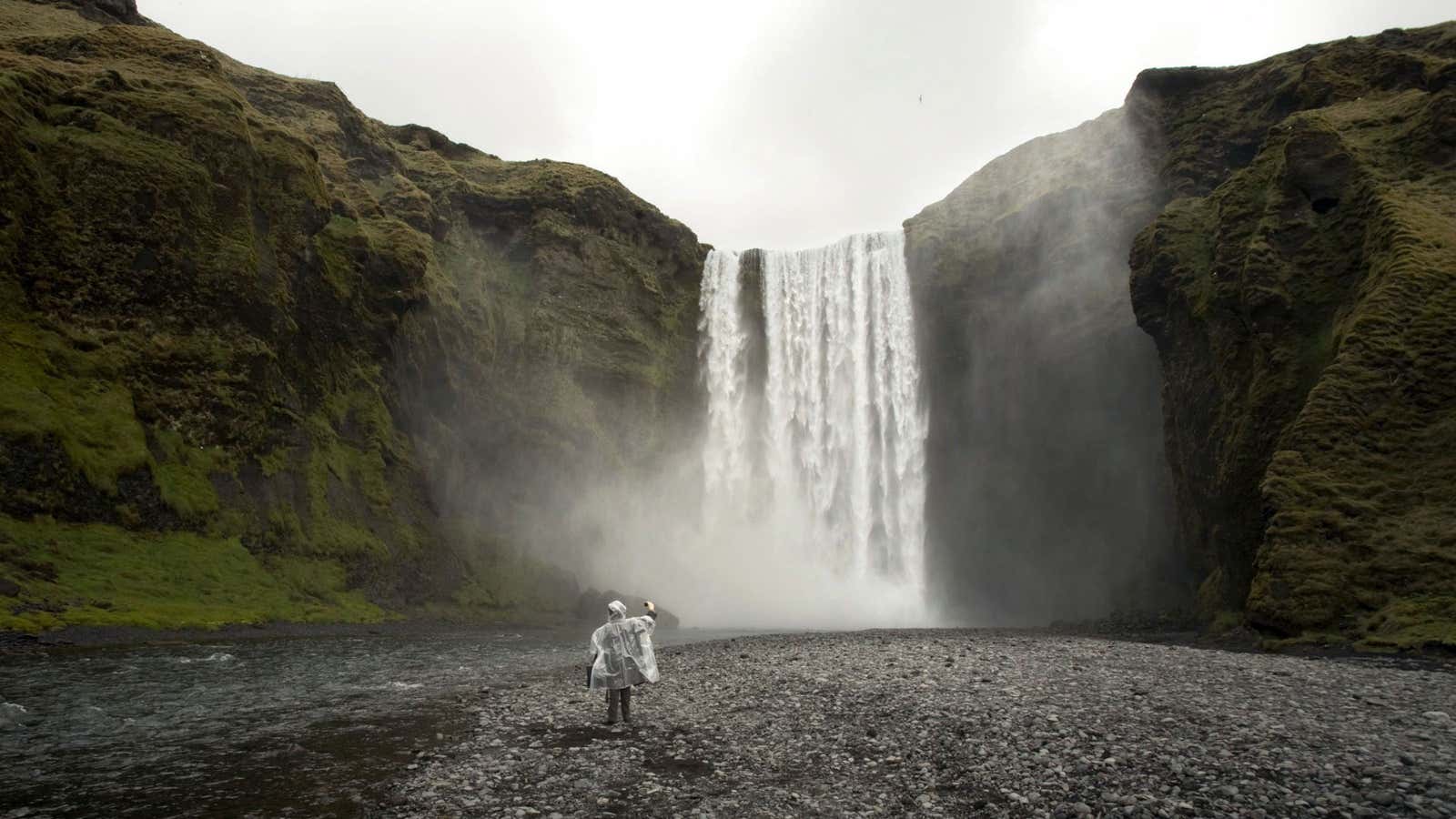Warmer summers aren’t the only thing marching into the Arctic these days—more hot, server-filled data centers are on the way as well. As more companies look to take advantage of colder climates and chilly water to lower the cooling costs of running thousands of servers at full capacity, Scandinavian countries are positioning themselves as data-center locations of choice. However, the geopolitics of surveillance, data privacy and cross-border conflict are melting what were recently relatively calm relations among northern neighbors.
Last week’s announcement by Swedo-Finnish telco TeliaSonera that it’s building a new backbone network in the region’s far north was meant to signal a new phase in shifting global data infrastructure toward higher latitudes. The TeliaSonera deal calls for 40 million euros to be spent on a new highspeed backbone network, Skanova Backbone North, that will run some 1,250 km across northern Sweden to help connect potential data center sites in the region. It is also intended to offer more capacity to the likes of Facebook, which has a major data center in Luleå, Sweden opened in 2011, as well as bitcoin mining outfit KnC Miner, which also located a 10 megawatt-powered center full of its cryptocurrency mining rigs alongside the Lule River for its plentiful and cheap hydroelectricity. Just to the east, Finland hosts Google and a number of other major data centers for exactly the same reasons—cold air, cool water, and available real estate.
However, what were previously open cross-border relations in the region are becoming more tense as more international intelligence activities have come to light through the Edward Snowden revelations. Finland owns 11% of TeliaSonera, formed by a merger of Finnish and Swedish telecom operators in 2002, but reportedly didn’t want to go along with a larger plan to build a network from St. Petersburg through the Baltics into Germany late last year due in part to concerns over Sweden’s cooperation with US surveillance as disclosed by Snowden. The Finnish government granted funding instead to an undersea cable direct from Finland to Germany last month to lessen reliance on current cables, which cross from Denmark to Sweden before reaching Finnish soil.
With data generation, storage, and processing only likely to climb by orders of magnitude in coming years, northern countries hold a lot of important cards. Rising electricity prices mean cooling can often represent a greater cost for managing a data center than the cost of the cutting edge hardware and software inside. Being able to tap plentiful—and low-emission—local sources of electricity is a big deal for the most their most intensive users like Google and Facebook, and can make a major difference in the profit margins of large scale Bitcoin miners like KnC as well who need larger configurations of high-speed processors and cheap electricity to be viable.
Sweden and Iceland in particular have made an effort to flog data center-ready sites to global companies in recent years. Economic development outfit Business Sweden maintains a portfolio of sites to show off to prospective buyers, including former military bases and disused rock shelters. Iceland has been pushing geothermal and hydroelectric assets, as well as its own former NATO base land, to companies that want to position themselves between customers in North America and Europe. However, the two countries have taken very different positions on data privacy, with Iceland standing for more strict privacy protections against outside surveillance, while Sweden has taken a more US-friendly stance.
Adding complications to the data privacy issue is how much Arctic fiber may run through Russia en route to northern Scandinavia and ultimately Central Europe and the Baltics. Plans laid in the past few years to run new high-speed fiber along the northern edge of Russia signed onto by countries such as Finland are looking a bit different to telcos and investors in light of recent geopolitical upheavals stemming from Russia’s involvement in the Ukraine. Though Russia is seen as an important market for data services, it is also seen as a major actor in cyberconflict, making neighbors even more wary of shared data connections.
Finland’s direct undersea cable, like Brazil and the EU’s plan to run a direct cable avoiding the US announced earlier, may mean the days of laying grand transnational communication links are waning. Like oil and gas flows, data flows are becoming increasingly subject to political conflicts. Even in a region that is known for internal cooperation such as the Nordic countries, the politics of surveillance is driving a potential wedge into plans to become an environmental haven for data.
